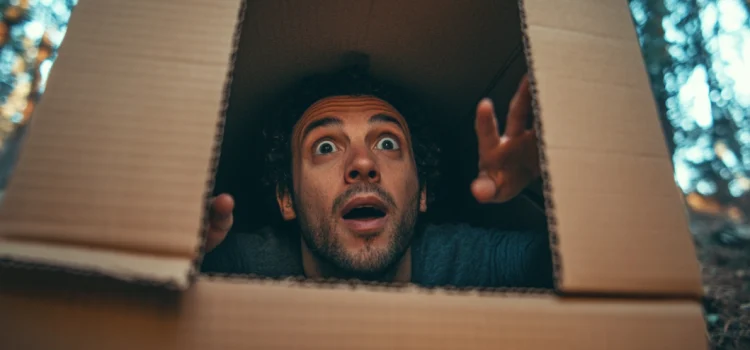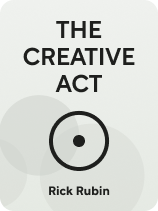

This article is an excerpt from the Shortform book guide to "The Creative Act" by Rick Rubin. Shortform has the world's best summaries and analyses of books you should be reading.
Like this article? Sign up for a free trial here.
Why are creativity and play so important? Why do adults lose their sense of curiosity as they age?
Children are innately creative and open to possibilities. But, as we age, we tend to lose our creativity and start thinking convergently. In his book The Creative Act, Rick Rubin says that adults need to recapture their sense of openness and play in order to be creative.
Here’s Rubin’s advice on remaining playful and open as an adult.
Be Open and Playful
According to Rubin, curiosity requires you to be open to multiple possibilities so he suggests staying open and playful. He explains that as children we are immensely creative and playful, in part because we are more focused on what could be rather than what is. However, as we grow older, we begin to categorize, compare, and edit information in ways that make it easier to process, but also limit our creativity. For example, if a child is given a piece of paper, they might see it not just as a medium for drawing or writing, but perhaps as raw material for making a paper boat or a ticket to an imaginary theme park. They see possibilities beyond the obvious.
(Shortform note: Being open to multiple possibilities is the definition of divergent thinking, a cognitive process where you generate multiple ideas around a single topic. However, divergent thinking often diminishes with age as convergent thinking takes precedence. Convergent thinking focuses on narrowing down options to find the best solution and is vital for efficient decision-making, but it can restrict creative thought. By consciously practicing divergent thinking—perhaps through brainstorming sessions without immediate judgment or criticism—you can break free from habitual patterns that limit your perception of what’s possible.)
Being open to unexpected possibilities sometimes means you need to ignore the rules. According to Rubin, rules come in many forms: They may be self-imposed, be common practices in your field or artistic medium, or come from external expectations. While Rubin explains that traditional ways of thinking and doing things can be a place to start, you should never be too attached to them. To keep your thinking fresh, he recommends you consistently question why you’re doing something, and notice when you’re limited by conscious or unconscious rules.
(Shortform: While Rubin emphasizes the importance of ignoring rules to foster creativity, Patricia Stokes (Creativity From Constraints) challenges the conventional wisdom that creativity thrives best in free and open environments. Instead, she argues that constraints, whether external or self-imposed, can actually play a crucial role in stimulating creative thinking: The presence of limitations can lead to innovative solutions and breakthroughs by forcing you to think differently and explore new possibilities. Her work demonstrates how strategically embracing certain constraints can be a powerful tool for enhancing creative output, offering a nuanced counterpoint to the idea of complete creative freedom.)
When you’re trying to think outside the box, cultivate a beginner’s mindset, says Rubin. This approach—characterized by openness, humility, and curiosity—encourages you to break out of entrenched ways of thinking and working and see your work with fresh eyes, encouraging you to explore and experiment. By adopting this mindset, you pave the way for innovation. According to Rubin, true creative breakthroughs often stem from the willingness to explore uncharted territory and accept the possibility of failure.
| The Long-Term Benefits of a Beginner’s Mindset An added perk of the beginner’s mindset, according to Beginners author Tom Vanderbilt, is that learning new things increases your neuroplasticity and can slow cognitive aging. Neuroplasticity, the brain’s ability to reorganize itself by forming new neural pathways, has been linked to improved cognitive function and resilience against age-related decline. In older adults, activities such as learning a new language, playing a musical instrument, or engaging in physical exercises have been shown to improve memory, executive function, and overall brain health. These findings suggest that maintaining a lifelong habit of learning and tackling new challenges can have long-term benefits for brain health, potentially delaying the onset of neurodegenerative diseases like Alzheimer’s. |

———End of Preview———
Like what you just read? Read the rest of the world's best book summary and analysis of Rick Rubin's "The Creative Act" at Shortform.
Here's what you'll find in our full The Creative Act summary:
- Where creativity comes from and why it matters
- How to take inspiration from anywhere and everywhere
- A music producer’s advice for enhancing your creativity






